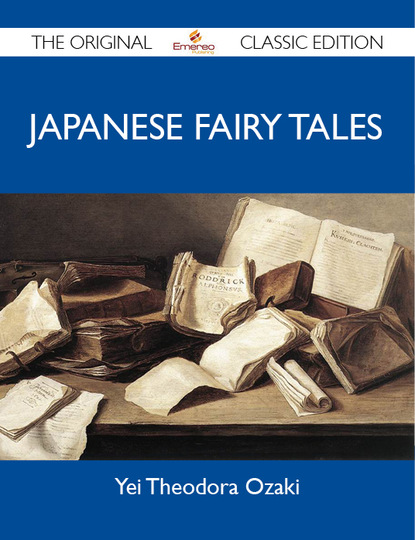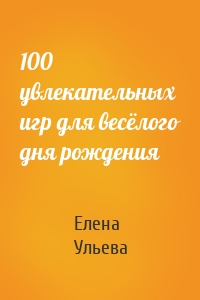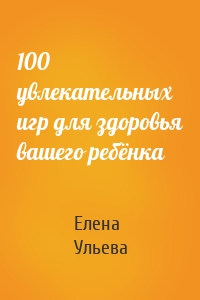
Japanese Fairy Tales - The Original Classic Edition скачать fb2
Ozaki Yei - Japanese Fairy Tales - The Original Classic Edition краткое содержание
Originally published in 1903, Yei Theodora Ozakis translation of Sadanami Sanjins collection of Japanese fairy tales has been the introduction of many a young child into the legends and fables of old Japan across the years. Definitely not a scholarly reference or valuable research tool for folktale researchers, Ozaki unabashedly re-crafted some of the stories, translating loosely and adding in elements of unrelated tales, in order to make them more enjoyable and understandable for Western children. She even gave Urashimataro a happy ending! <p> There is something delightfully romantic about translations from this era, due to the unfamiliarity with Japanese culture at the time. Terms that would not be translated today, like oni and samurai, are rendered as ogre and knight and other English equivalents. While unauthentic, this makes the stories more approachable by young children who have a mind for fantasy but havent yet graduated to Japanese Studies. <p> Many of the stories here are familiar with anyone even slightly interested in Japanese folklore. Momotaro, or the Story of the Son of a Peach, The Story of Urashima Taro, the Fisher Lad, Kintaro the Golden Boy and The Ogre of Rashomon. Along with these, there are rarer tales that I havent seen in any other Japanese fairy tale collection. The Stones of Five Colors and the Empress Jokwa, The Sagacious Monkey and the Boar and How and Old Man Lost his Wren were all new to me.
Чтобы оставить свою оценку и/или комментарий, Вам нужно войти под своей учетной записью или зарегистрироваться



